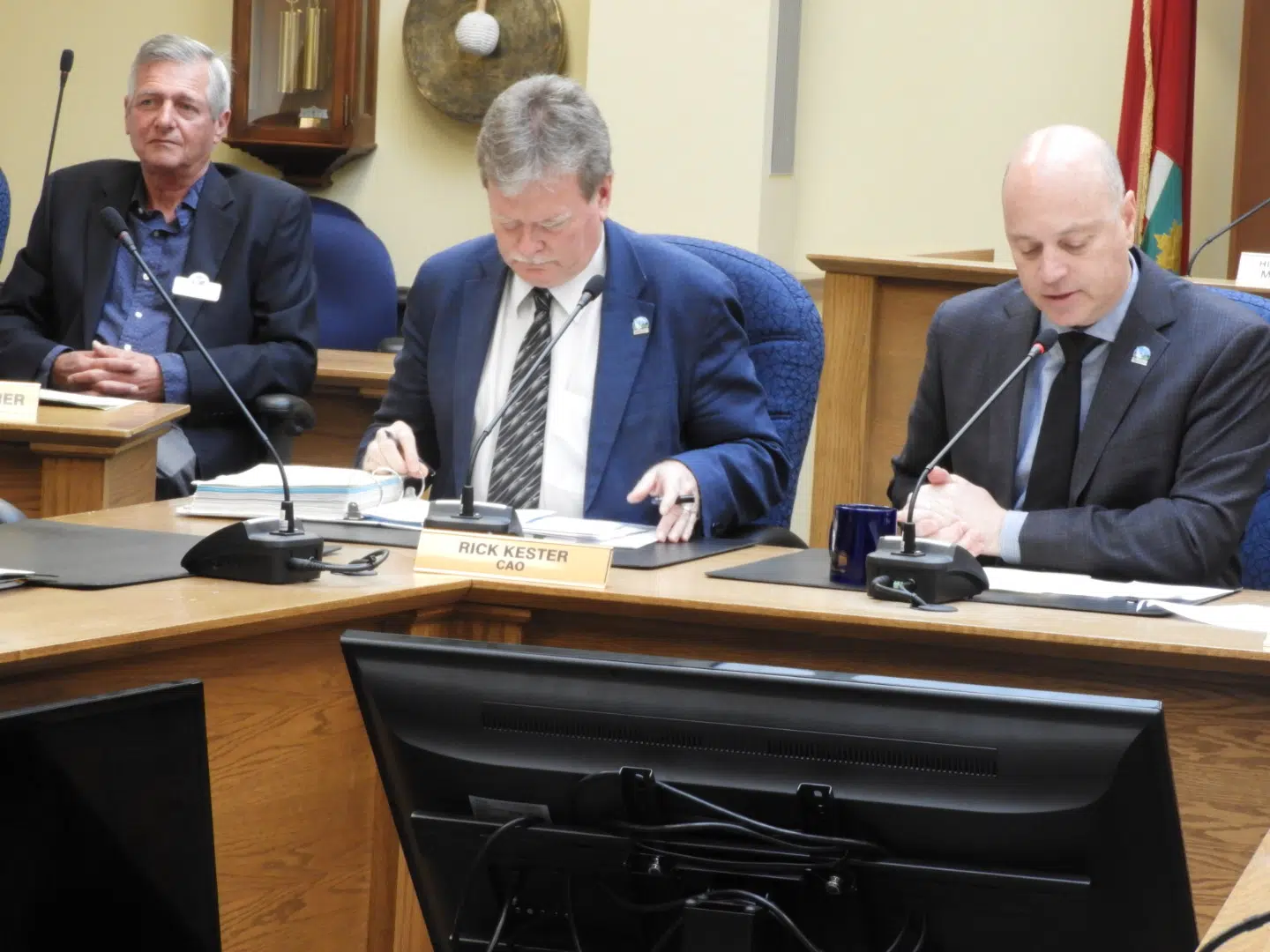No one on Belleville City council wanted to raise taxes above the increase recently passed in the 2019 budget.
However, that’s just what council did today (Wednesday) at a special meeting and everyone on council laid the blame squarely at the feet of the provincial government for sending mixed messages in recent days regarding multi-residential tax ratios after the city’s budget had already been passed.
Adding to that problem was the fact that revenues from multi-residential properties were decreasing due to buildings being converted to condominiums and council would not be allowed to increase taxes any more on multi-residential properties.
Councillor Chris Malette slammed apartment building owners for being callous in their rush to convert to condominiums saying such conversions often hurt less financially well off people already living in the buildings, many of them seniors.
The bottom line was that $653,000 had to be found either by cutting that amount out of the 2019 budget recently passed or by increasing taxes slightly on other property classes such as residential, commercial, and industrial.
After a lengthy discussion, council reluctantly voted 7 to 1 to raise taxes slightly. Only councillor Paul Carr voted against, maintaining the money should be found by cutting back the budget.
Councillor Ryan Williams also spoke against any tax increases and wanted to explore other options but in the end voted in favour of the increase.
Mayor Mitch Panciuk.
The increase will see the average residential tax increase go from 2.6% to 3.2%. For an urban Belleville home worth $250,000 it means an extra $25 a year in taxes. A similarly assessed home in Belleville’s rural area would be taxed another $10 annually.
Meanwhile, many on council worried that cutbacks coming to Emergency Services and Social Services and other outside agencies from the provincial government will mean more property tax increases.
Mayor Panciuk said “we don’t know what’s coming yet. I wouldn’t be surprised if the city will be forced to issue supplemental tax bills to keep some services going after these provincial cuts.”
Councillor Sean Kelly said the pain was coming from the provincial government and “more downloading onto local taxpayers is on the way.”






